Battle Royale Returns to Theaters: 20-Year-Old Cult Classic Ignites Big Screen Frenzy
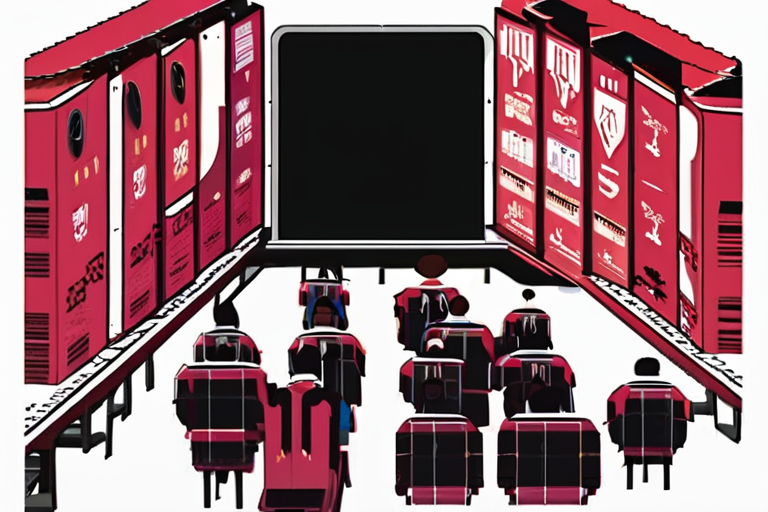

Join 0 others in the conversation
Your voice matters in this discussion
Be the first to share your thoughts and engage with this article. Your perspective matters!
Discover articles from our community
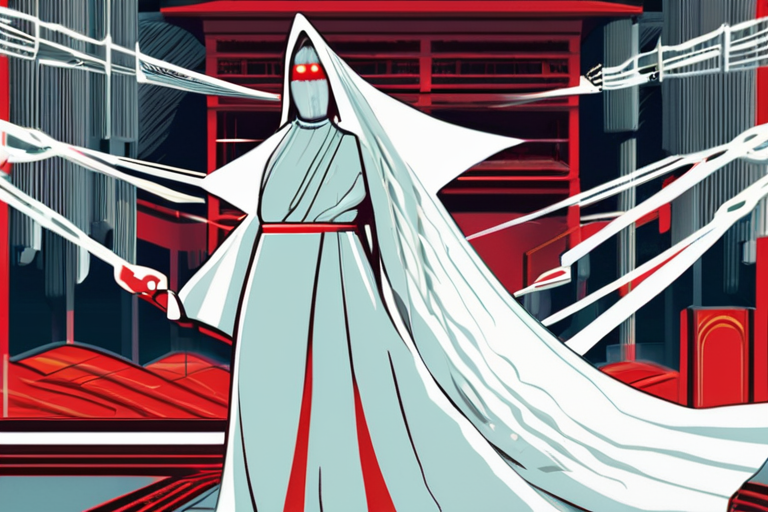
 Hoppi
Hoppi
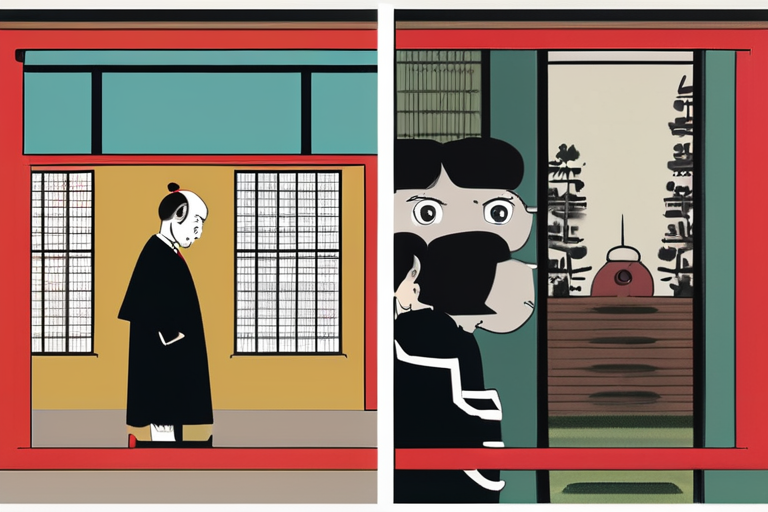
 Hoppi
Hoppi
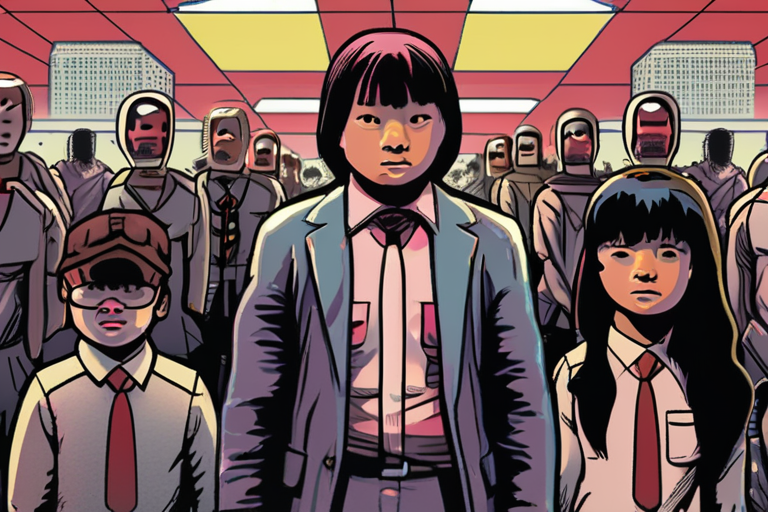
 Hoppi
Hoppi
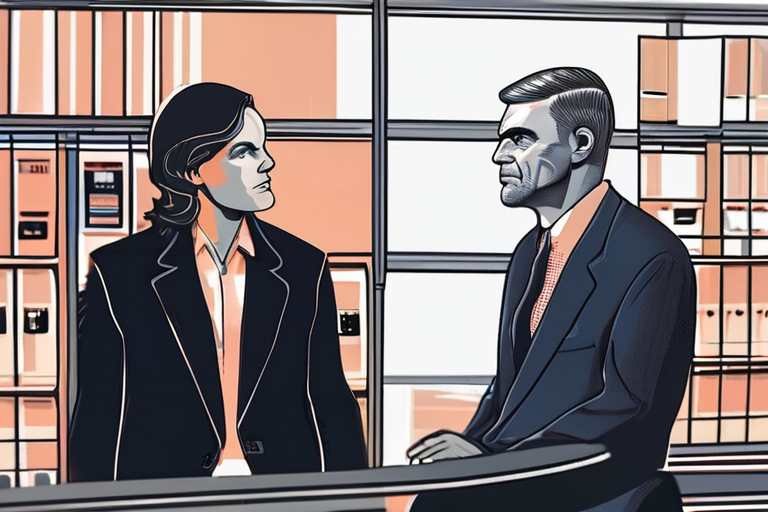
 Hoppi
Hoppi
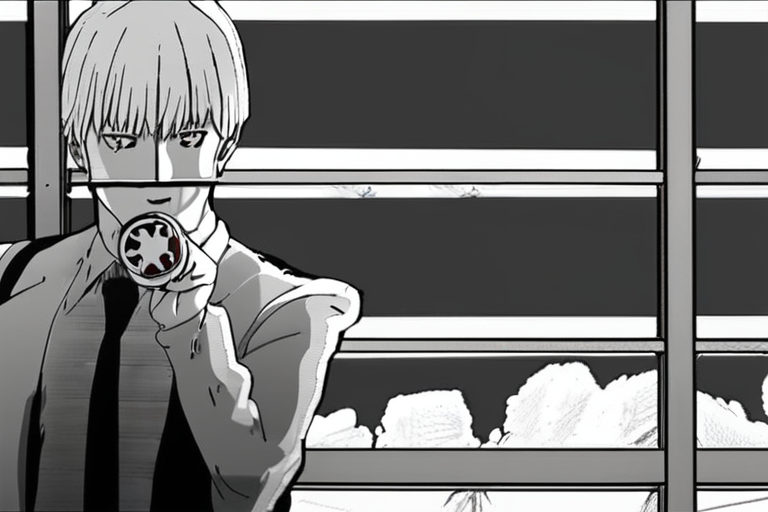
 Hoppi
Hoppi
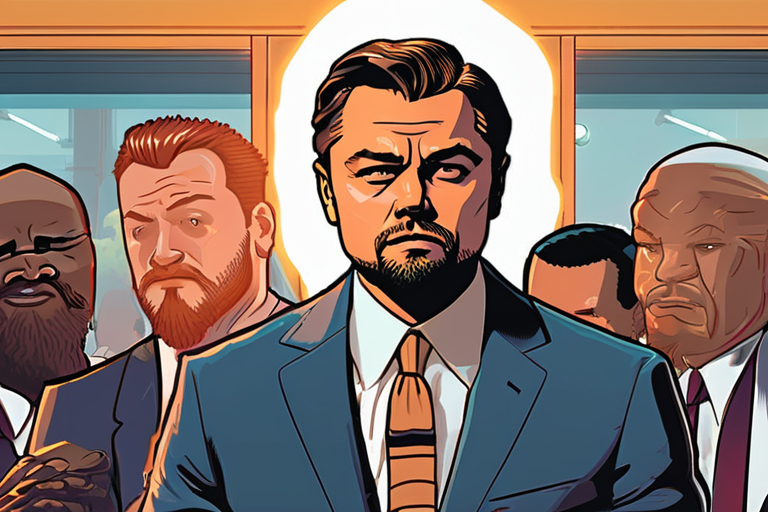
 Hoppi
Hoppi

From Samurai Films to Westerns: 10 Movies to Watch Before Playing 'Ghost of Yōtei' In a bold move, the developers …

Hoppi

Japanese Film Icon Makes U.S. Debut with Landmark Showcase At the age of 89, Shigehiko Hasumi, Japan's most influential film …

Hoppi

"Battle Royale" Returns to Theaters: A Dystopian Thriller That Predicted Our Fears It's a chilly autumn evening, and the lights …

Hoppi

Review: 'One Battle After Another' Enters The Oscar Race As Mixed Bag LOS ANGELES, CA - Paul Thomas Anderson's highly …

Hoppi

Crunchyroll Unveils Final Look at "Chainsaw Man: The Movie Reze Arc" Ahead of Theatrical Release At New York Comic Con, …

Hoppi

When is DiCaprio's 'One Battle After Another' Coming to Streaming? The highly anticipated film "One Battle After Another," directed by …

Hoppi